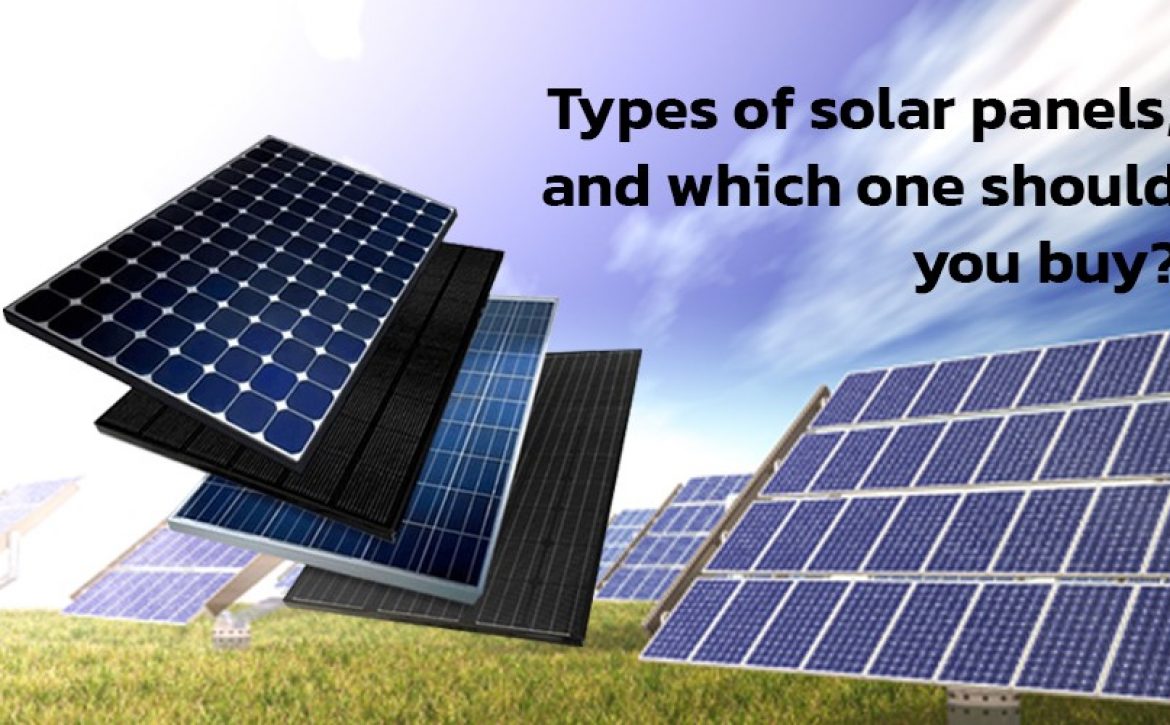How To Reduce Your Electricity Bill With A Solar Power System?
With rising electricity costs and increasing awareness about environmental sustainability, many homeowners and businesses are turning to solar power systems to reduce their electricity bills. Harnessing the energy from the sun not only allows you to lower your utility expenses but also contributes to a cleaner and greener environment. Let’s explore how you can maximize your savings by adopting solar energy.
About Solar Energy
Solar energy is a renewable and abundant source of power derived from the sun’s rays. By using solar panels, the sun’s energy can be converted into electricity to power homes, offices, and industries. Solar technology has seen rapid advancements, making it more efficient, affordable, and accessible than ever before. The energy generated by solar systems is clean, reducing dependence on fossil fuels and minimizing carbon emissions.
Benefits of Solar Energy
1. Reduced Electricity Bills: Solar panels generate electricity, which can significantly reduce your reliance on grid power, leading to lower utility bills.
2. Renewable and Sustainable: Solar power is an infinite resource, unlike traditional fossil fuels, making it a sustainable solution for long-term energy needs.
3. Low Maintenance Costs: Once installed, solar panels require minimal maintenance and can last for 25-30 years, ensuring consistent performance.
4. Environmental Impact: By switching to solar energy, you reduce your carbon footprint, helping combat climate change and air pollution.
Reduce Electricity Bills by Using Solar Power Systems
Installing a solar power system is a proven way to lower your monthly electricity expenses. Here’s how:
Generating Your Own Power: Solar panels convert sunlight into electricity, reducing the amount of power you need to purchase from the grid. During sunny days, your solar system may even generate excess power, which can be fed back into the grid for credits (net metering), further lowering your bill.
Offsetting Peak Tariffs: Many utility companies charge higher rates during peak hours. With a solar power system, you can use the energy generated by your panels during these times, avoiding high peak rates.
Energy Independence: Solar power systems can help you become less dependent on grid electricity, particularly during outages or power shortages.

Subsidies and Tax Exemption from the Government
The government offers several incentives to encourage the adoption of solar energy:
Subsidies for Residential Installations: In many states, homeowners can receive subsidies of up to 40% on the installation of solar panels, making them more affordable.
Tax Benefits: You can claim tax deductions under the Income Tax Act for the investment made in solar power systems, reducing your taxable income.
Net Metering: This policy allows you to sell excess electricity generated by your solar system back to the grid, earning credits that further reduce your utility bill.
Maximizing Your Savings with Solar Panels
To get the most out of your solar power system, consider the following tips:
1. Optimize Panel Placement: Ensure your solar panels are installed in a location with maximum sunlight exposure, typically on a south-facing roof without shade.
2. Use Energy-Efficient Appliances: Combine solar power with energy-efficient appliances to further lower your electricity consumption.
3. Monitor Your System’s Performance: Regularly check your solar system’s output and maintain the panels to ensure optimal performance.
Calculating Your Savings
The amount you save with a solar power system depends on several factors:
i) Electricity Rates: The higher your local electricity rates, the greater your potential savings.
ii) System Size: A larger solar system will generate more electricity, leading to higher savings.
iii) Local Climate: Areas with more sunshine will naturally generate more solar power, increasing your savings.
iv) Incentives and Rebates: Government subsidies, tax benefits, and net metering policies can significantly increase your savings.
To calculate your potential savings, you can use the Servotech solar calculator that estimates the amount of power your system will generate and compare it with your current electricity usage and rates.
Conclusion
Switching to a solar power system is a smart investment that pays off in the long run. By reducing your electricity bills, benefiting from government incentives, and minimizing your environmental impact, you can enjoy the advantages of clean, renewable energy for years to come. Take the first step towards a sustainable future by exploring the possibilities of solar energy and securing your financial and environmental savings.



 Get Quote
Get Quote













